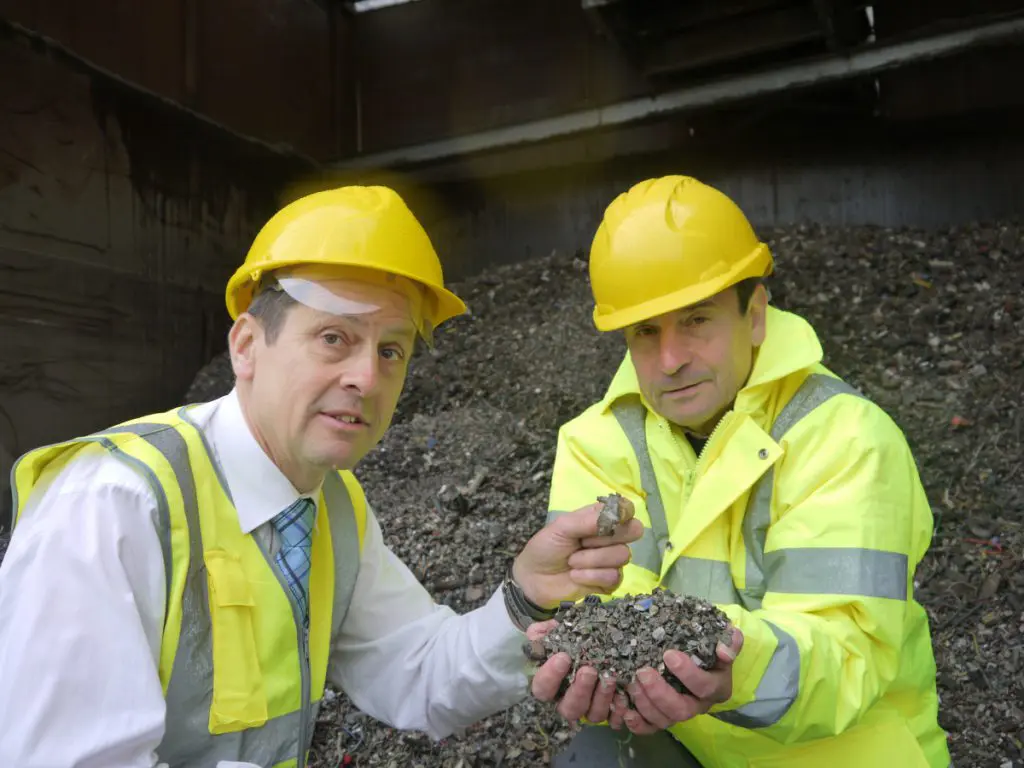United Kingdom – As global temperatures head for potentially catastrophic levels, landfilling rather than burning waste plastics might be better for the environment, suggests Keith Freegard, director of Axion Polymers.
‘Large numbers of energy-from waste plants exist right across Europe and further waste-to-energy plants are being planned and built in the UK, while landfill is frowned upon as the accepted worst option for disposal,’ Freegard notes. ‘Revisiting the decision-making metrics that have led to this accepted waste hierarchy might point to a stark choice between the two waste disposal options,’ he argues.
‘There are valid arguments for the pros and cons of both waste disposal methods. But what if the true environmental cost of CO2 emissions was also factored into deciding the best option?’ so says the entrepreneur.
‘When the full carbon-cost of the disposal method is expressed in “pound notes” – reflecting the impact that large-scale CO2 release has upon the Earth – then this metric could really change decisions about what is good waste material to burn as a fuel and what is bad,’ Freegard insists.
He stresses that, in most cases, nearly a third of the input waste volume ends up as residual incinerator bottom ash. He likens the burning of plastic content is essentially the same as driving a petrol car or taking a flight – ‘power created at the expense of long-life carbon release.’
He jokes that perhaps the industry should start calling this form of end-of-life waste treatment ‘skyfill’ to compare it with the alternative ‘landfill’ disposal route.
‘But what if the waste plastic could be separated from the organic or renewable carbon wastes and the inert carbon-rich, stabilised plastic stored either in the ground or in a covered storage system?’ Freegard theorises.
In his view, that would represent a long-term carbon-sink and remove those fossil-based materials from the waste-to-energy infeed mix. ‘Clearly it would be better to recycle these materials if a technically and economically viable process was available to do that,’ he admits.
Freegard foresees that in a not too distant future, a carbon tax on the creation of electrical power could be introduced. ‘Then it might be the time to return to that mine of carefully stowed thousands of tonnes of good plastic and look at the economics of turning it into new polymer,’ he argues.
‘With a huge carbon tax slapped on burning it, then the economics would probably work. So these plastics may not have to stay in the ground for too long,’ Freegard concludes.
Don't hesitate to contact us to share your input and ideas. Subscribe to the magazine or (free) newsletter.



